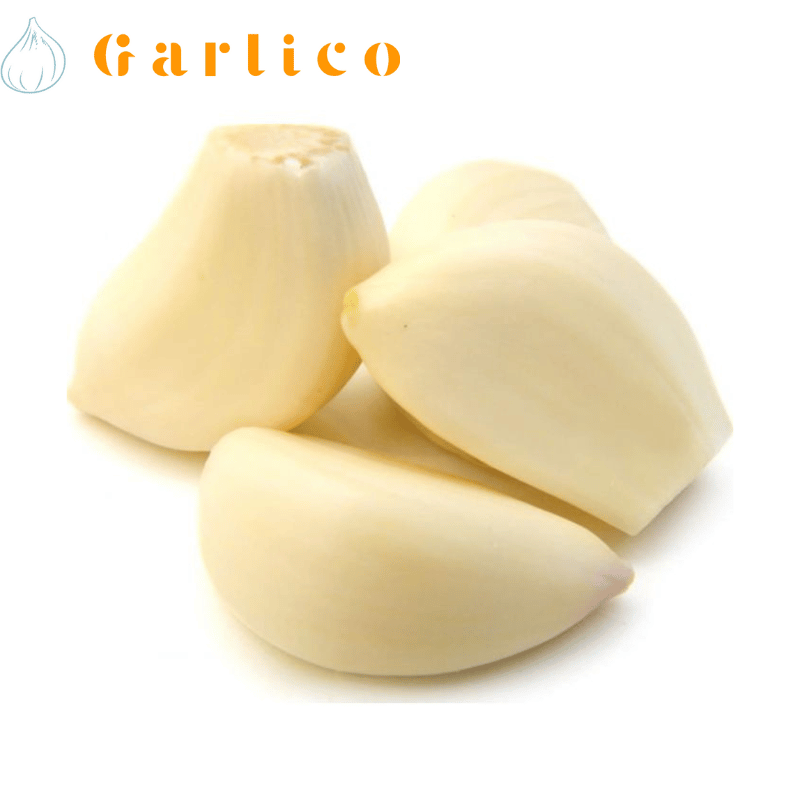When it comes to adding flavor to our meals, garlic is a popular choice in many cuisines around the world. Its pungent aroma and distinct taste can elevate the simplest of dishes. However, if you’re looking to take your culinary creations to the next level, you might want to consider adding a new flavor dimension with elephant garlic. In this article, we will explore what
elephant garlic is, its culinary uses, its health benefits, and how to grow it in your own garden.
What is Elephant Garlic?
Elephant garlic (Allium ampeloprasum var. ampeloprasum) is a plant that belongs to the Allium family, which also includes onions, leeks, and regular garlic. Despite its name, elephant garlic is not a true garlic but rather a close relative of the leek. It is characterized by its large bulb, which can grow up to four inches in diameter and weigh over a pound. The cloves of elephant garlic are also much larger than those of regular garlic.
Culinary Uses of Elephant Garlic
Elephant garlic has a milder and sweeter flavor compared to regular garlic. Its taste is often described as a combination of garlic and onion, making it a versatile ingredient in various dishes. The aroma of elephant garlic is less pungent than regular garlic, making it more appealing to those who find the strong smell of garlic overpowering.
In the kitchen, elephant garlic can be used in many of the same ways as regular garlic. It can be minced, sliced, or crushed and added to sautés, stir-fries, soups, stews, and roasted vegetables. It can also be used to make garlic butter or infused oils for dipping bread or drizzling over dishes. Additionally, elephant garlic can be roasted whole, which results in a soft and creamy texture that can be spread on bread or used as a flavorful addition to mashed potatoes.
Health Benefits of Elephant Garlic
Like regular garlic, elephant garlic is not only a delicious addition to meals but also offers several potential health benefits. It is a good source of vitamins C and B6, as well as minerals such as manganese, calcium, and iron. Elephant garlic also contains compounds like allicin, which is known for its antimicrobial and antioxidant properties.
Consuming elephant garlic may have various health benefits, including boosting the immune system, reducing inflammation, and improving cardiovascular health. Some studies suggest that the compounds found in garlic, including elephant garlic, may help lower blood pressure and cholesterol levels. However, it’s important to note that more research is needed to fully understand the extent of these benefits and their specific mechanisms.
Growing Elephant Garlic
If you’re interested in incorporating elephant garlic into your meals, you may consider growing it in your own garden. Elephant garlic is relatively easy to grow and requires similar conditions to regular garlic.
Elephant garlic thrives in well-drained soil with a pH level between 6.0 and 7.5. It prefers full sun but can tolerate partial shade. The best time to plant elephant garlic is in the fall, as it requires a cold period to develop properly. Plant the cloves about two inches deep and six inches apart, with the pointed end facing up. Mulching the soil can help retain moisture and suppress weed growth.
During the growing season, elephant garlic requires regular watering, especially during dry spells. However, it’s important not to overwater, as excessive moisture can lead to rotting. Fertilizing the plants with a balanced organic fertilizer can promote healthy growth.
Elephant garlic is typically ready for harvest in late spring or early summer, depending on the climate. The leaves will start to turn yellow and dry out, indicating that the bulbs are ready to be harvested. Carefully dig up the bulbs, taking care not to damage them. After harvesting, allow the bulbs to dry in a well-ventilated area for a few weeks before storing them in a cool, dry place.
Conclusion
Elephant garlic is a unique and flavorful ingredient that can add a new dimension to your meals. With its milder taste and larger cloves, it offers a versatile alternative to regular garlic. Whether you’re sautéing, roasting, or using it as a spread, elephant garlic can enhance the flavors of your favorite dishes. Additionally, it provides potential health benefits and can be easily grown in your own garden. So why not give
elephant garlic a try and elevate your culinary creations to new heights?

